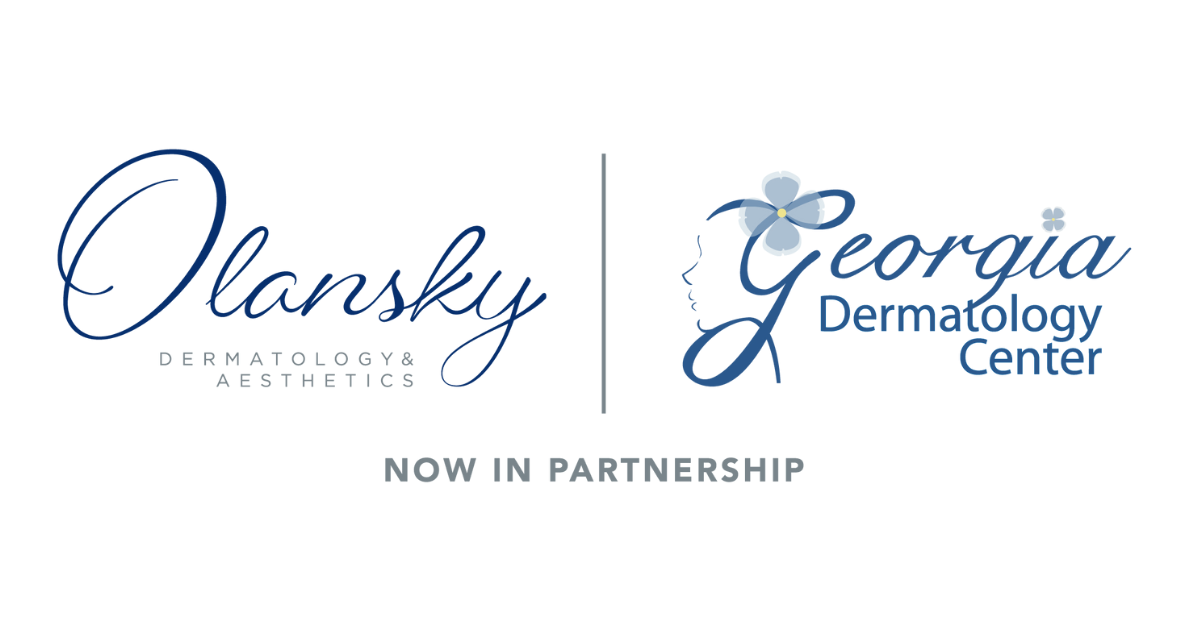Rosacea is a facial condition where you may see redness across your nose and cheeks, have acne like breakouts, or just feel your skin is becoming more sensitive. If so, you may have developed this very common skin condition. Millions of people across America have this condition. Some cases may be mild and other cases so severe that it begins to cause abnormalities of the skin. It affects people of all ages and skin color. Literature shows that it is more common in women, but can affect men more severely. Should you exhibit the signs or symptoms of rosacea, Dr. Alexander Gross is a board certified dermatologist who has treated thousands of patients for this skin condition. He will provide a comprehensive diagnosis and treatment plan.

papulopustular rosacea, close-up of the patient’s cheek
Rosacea is a chronic skin disease that causes redness, flushing and swelling on the face. While the cause is still unknown, certain triggers can cause it to flare up. Emotional stresses, anxiety, and even changes in the weather can aggravate the condition. Other factors may include exercise, alcohol consumption, and spicy foods. There are several types of rosacea, which increase in severity the longer treatment of the condition is deferred. Symptoms include:
Another form of this condition is ocular rosacea which affects the eyes. Symptoms may include eyes being watery or visibly bloodshot and they may feel like they have sand or grit in them. Also, the eyes may burn, sting, and itch. Your vision may be affected as well and be sensitive to light. This condition needs to be addressed and treated to prevent damage to your eyesight. You may be referred to an ophthalmologist to manage your ocular rosacea.
Early diagnosis from our board certified dermatologist at Georgia Dermatology Center is the best defense against rosacea. BBL or Broad Band Light is one of the best treatments for minimizing the symptoms. Delay in treatment may result in more severe symptoms that are harder to treat. Other treatment options may be determined after an examination.
Rosacea can be treated effectively and managed appropriately to the severity of the condition. However, there is no “cure” and treatment protocols can be tried and altered according to the patient’s condition.
References: www.aad.org
Monday 8AM-4PM
Tuesday 7AM-1:30PM
Wednesday 8AM-4PM
Thursday 8 AM-4PM
Friday 7 AM-1:30PM
Georgia Dermatology Center | 1505 Northside Blvd. Suite 1500 | Cumming, Georgia 30041 | Telephone: (770) 781-5077
Georgia Dermatology Center in Cumming, Georgia provides high quality dermatology services to patients in the North Atlanta area and many of the surrounding communities such as Alpharetta, Johns Creek, Roswell, Milton, Canton, Dawsonville, Suwanee, Buford, and Sandy Springs. With experience and training, our expert physicians and medical staff are dedicated to helping our patients correct skin conditions and diseases, as well as, achieving their beautiful skin goals.
Designed by InkThemes.com







